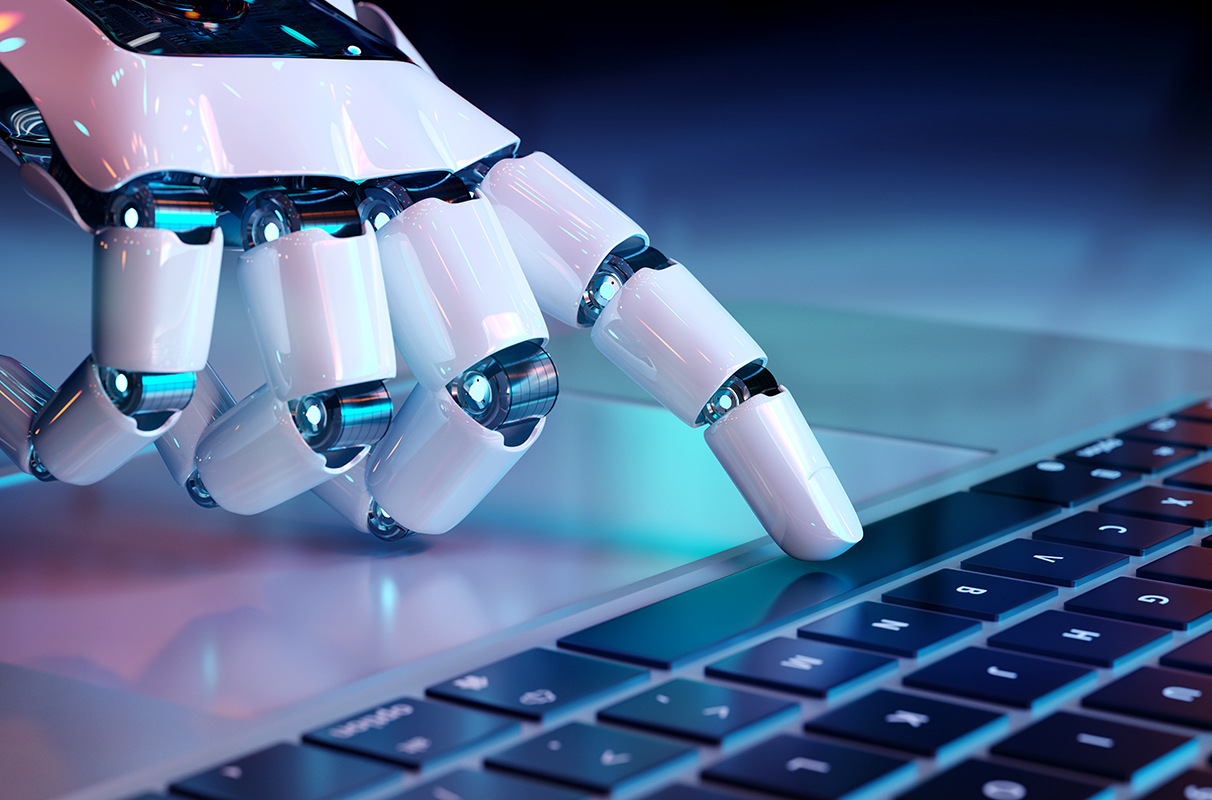
AI coding has swiftly transformed from a niche interest into a cornerstone of modern software development, reshaping how we approach problem-solving and innovation. This fascinating evolution brings to light a myriad of facts that both intrigue and educate. From algorithms that learn and adapt, to systems that can write their own code, the capabilities of AI in coding are vast and varied. For anyone keen on understanding the future of technology, grasping these 20 facts about AI coding is not just enlightening; it's essential. They offer a glimpse into a future where human and machine collaboration opens new frontiers in every field imaginable. Whether you're a seasoned developer, a curious student, or simply fascinated by the rapid pace of technological advancement, these insights will provide a solid foundation for appreciating the incredible potential that AI coding holds.
Understanding AI Coding
Artificial Intelligence (AI) coding involves creating algorithms that enable machines to perform tasks that typically require human intelligence. This includes learning, reasoning, and self-correction. AI coding is at the heart of modern technology, powering everything from search engines to autonomous vehicles.
-
AI coding languages include Python, Java, and Lisp, among others. Python, in particular, is favored for its simplicity and readability, which makes it accessible for beginners and versatile for various AI projects.
-
Machine Learning (ML), a subset of AI, allows computers to learn from and make decisions based on data. ML algorithms are crafted through AI coding, enabling applications like predictive text and personalized recommendations.
The Role of Neural Networks
Neural networks are a crucial component of AI, mimicking the human brain's structure and function to process information.
-
These networks consist of layers of nodes, or "neurons," that work together to analyze and interpret complex data patterns.
-
Training a neural network involves feeding it large amounts of data so it can learn and improve over time. This process is fundamental in developing AI systems that can recognize speech, images, and patterns.
AI Coding in Everyday Life
AI coding has seamlessly integrated into daily life, enhancing convenience and efficiency.
-
Voice assistants like Siri and Alexa are powered by AI coding, responding to user commands through natural language processing algorithms.
-
Online customer support often utilizes chatbots, programmed through AI coding to answer queries and provide assistance 24/7.
Ethical Considerations in AI Coding
As AI technology advances, ethical considerations become increasingly important.
-
Bias in AI systems can occur if the data used to train them is not diverse. This can lead to unfair outcomes or discrimination in areas such as job recruitment and law enforcement.
-
Transparency in AI algorithms is crucial to ensure they can be audited and held accountable. This helps in identifying and correcting any biases or errors.
The Future of AI Coding
The potential for AI coding is vast, with ongoing research and development opening new possibilities.
-
Quantum computing, which operates on the principles of quantum mechanics, could revolutionize AI coding by processing information exponentially faster than current computers.
-
AI coding is also exploring the realms of creativity, with algorithms now capable of generating art, music, and even writing stories, challenging our perceptions of creativity and machine capability.
AI Coding in Healthcare
AI coding is transforming healthcare, offering solutions that improve patient outcomes and streamline operations.
-
AI algorithms can analyze medical images with high accuracy, aiding in early disease detection and diagnosis.
-
Personalized medicine, powered by AI coding, tailors treatment plans to individual genetic profiles, improving efficacy and reducing side effects.
Challenges in AI Coding
Despite its advancements, AI coding faces several challenges.
-
Data privacy concerns arise as AI systems require access to vast amounts of personal information to learn and make decisions.
-
The complexity of AI systems makes them difficult to understand and predict, leading to challenges in ensuring their reliability and safety.
AI Coding in Education
AI coding is also making strides in the field of education, enhancing learning experiences and accessibility.
-
AI tutors can provide personalized learning experiences, adapting to each student's pace and style of learning.
-
Language learning apps use AI coding to offer interactive and immersive experiences, making language acquisition more accessible to people worldwide.
The Impact of AI Coding on Employment
The integration of AI in various industries raises questions about its impact on employment.
-
While AI can automate routine tasks, it also creates opportunities for new job roles focused on AI development, maintenance, and ethical oversight.
-
Continuous learning and skill development are essential for workers to stay relevant in an AI-driven job market.
AI Coding and Environmental Sustainability
AI coding can contribute to environmental sustainability efforts.
-
AI algorithms optimize energy consumption in industrial processes and buildings, reducing carbon footprints.
-
AI-driven data analysis helps in monitoring and protecting biodiversity, offering insights into conservation strategies and the effects of climate change.
Piecing Together the AI Coding Puzzle
We've journeyed through a world where AI coding is no longer just a futuristic concept but a present reality. From algorithms that learn and adapt, to software that can write its own code, the possibilities seem endless. AI has shown us it can enhance productivity, solve complex problems, and even create new ways of thinking about technology. As we look ahead, the role of AI in coding promises to evolve, bringing even more innovative solutions to the table. Whether you're a seasoned developer or just starting out, understanding the impact of AI on coding is crucial. It's not just about the code itself but about the way we think about problem-solving and innovation. So, let's keep our minds open and our skills sharp. The future of coding with AI is bright, and it's up to us to shape it.
Was this page helpful?
Our commitment to delivering trustworthy and engaging content is at the heart of what we do. Each fact on our site is contributed by real users like you, bringing a wealth of diverse insights and information. To ensure the highest standards of accuracy and reliability, our dedicated editors meticulously review each submission. This process guarantees that the facts we share are not only fascinating but also credible. Trust in our commitment to quality and authenticity as you explore and learn with us.


